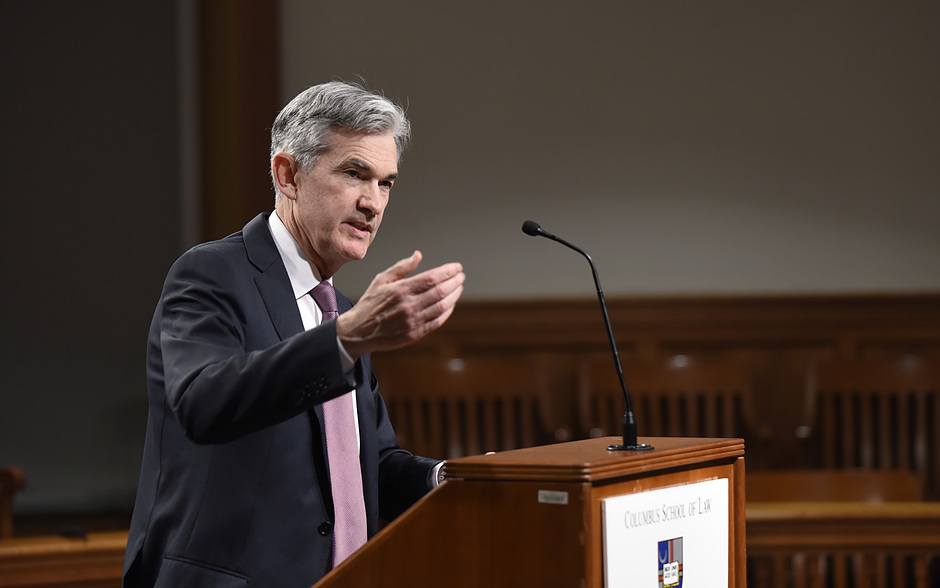Rep. Alex Mooney aims to block Fed's digital currency scheme

In recent days, sound money champion Congressman Alex Mooney (R-WV) introduced H.R. 3712, the Digital Dollar Pilot Prevention Act – legislation that would block the Fed from unilaterally pursuing any form of central bank digital currency (CBDC) scheme.
"Congress cannot give an inch when it comes to CBDCs. CBDCs would threaten the liberties of law-abiding Americans and are being used by authoritarian countries right now to crack down on dissent," said Rep. Mooney.
H.R. 3712 is the latest in a growing backlash to central planner's designs to further centralize government control of currencies, including creating a greater ability to track all financial transactions, disallowing certain types of purchases, and even outright "turning off" a targeted individual's access to money.
Rep. Mooney's bill defines "central bank digital currency" as "a form of digital money or monetary value, denominated in the national unit of account, that is a direct liability of the Federal Reserve."
The bill continues, "Unless authorized by an Act of Congress enacted after the date of the enactment of this act, the Board of Governors of the Federal Reserve System and the Federal reserve banks may not establish, carry out, or approve a program intended to test the practicability of issuing a central bank digital currency, including by partnering or coordinating with a private sector entity to carry out such a program." H.R. 3712 has already attracted support, with more than a dozen original cosponsors and several endorsements from pro-liberty groups.
"Spending time and taxpayer resources on research or pilot programs would be an end- around on Congressional intent, authorization, or jurisdiction. The Federal Reserve should be focused on fulfilling its formal mandate of taming Bidenflation, not mimicking China," David McIntosh, President, Club for Growth.
Meanwhile, the opposition to central bank digital currencies is actually somewhat bipartisan.
Republican Presidential hopefuls Ron DeSantis and Vivek Ramaswamy, along with Democrat Robert F. Kennedy Jr., have spoken out about the dangers of a centralized government-run digital currency.
Sen. Ted Cruz (R-TX) and Rep. Tom Emmer (R-MN) have also come out against CBDCs, with the latter claiming that Democrats quietly support anti-CBDC legislation as well.
Governor DeSantis recently signed legislation banning any involvement with a digital dollar as to the State of Florida, including any CBDC being viewed as money within the meaning of Florida's Uniform Commercial Code (UCC). Several other states are now considering similar measures to pump the brakes on a potential FedCoin.
Under a CBDC scheme, a time-stamped ledger of every single transaction by every single individual and/or firm would create existential threats to privacy. Centralizing the financial history of every U.S. citizen poses other dangers as well.
It's easy to imagine how this level of data collection could be weaponized against individuals who step outside of government-favored opinions and activities.
Donate to a cause the political class has bashed as dangerous? There goes access to your life savings. Buy or sell a product not approved by the powers that be? Your assets are frozen with the click of a mouse.
CBDCs enable what amounts to a government-granted allowance.
Rep. Mooney said, "CBDCs are not about innovation – they are about control."
By contrast, returning to a monetary standard based in gold would help restore the freedom and privacy of the individual. And gold has historically been a stable and trusted store of wealth, largely outside the clutches of central planners.
Sound money is subject to – and determined by – market forces, serves as a natural check against unrestrained currency creation, and protects purchasing power over time.
To be sure, the Federal Reserve note system is broken. But doubling down on this failed experiment in fiat currency by adding more government tracking and control will bring about even greater destruction.
Author

JP Cortez
Sound Money Defense League
Jp Cortez is the Executive Director of the Sound Money Defense League, an internationally-renowned organization working to remonetize gold and silver in the U.S. through nationwide legislative efforts since 2014.

















